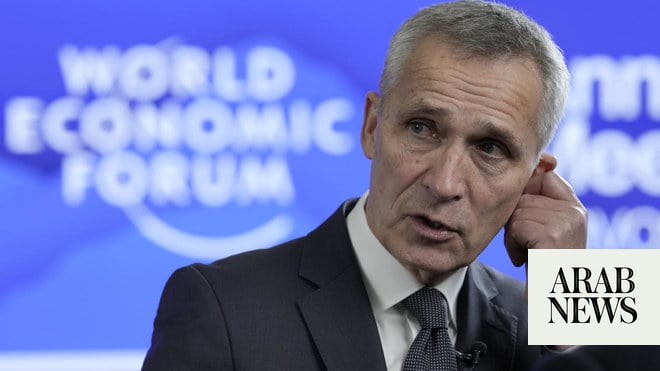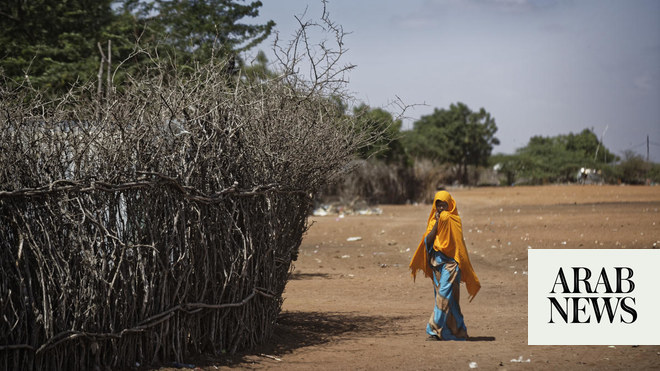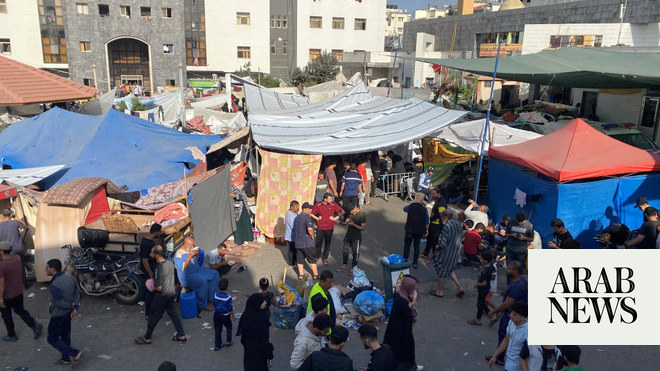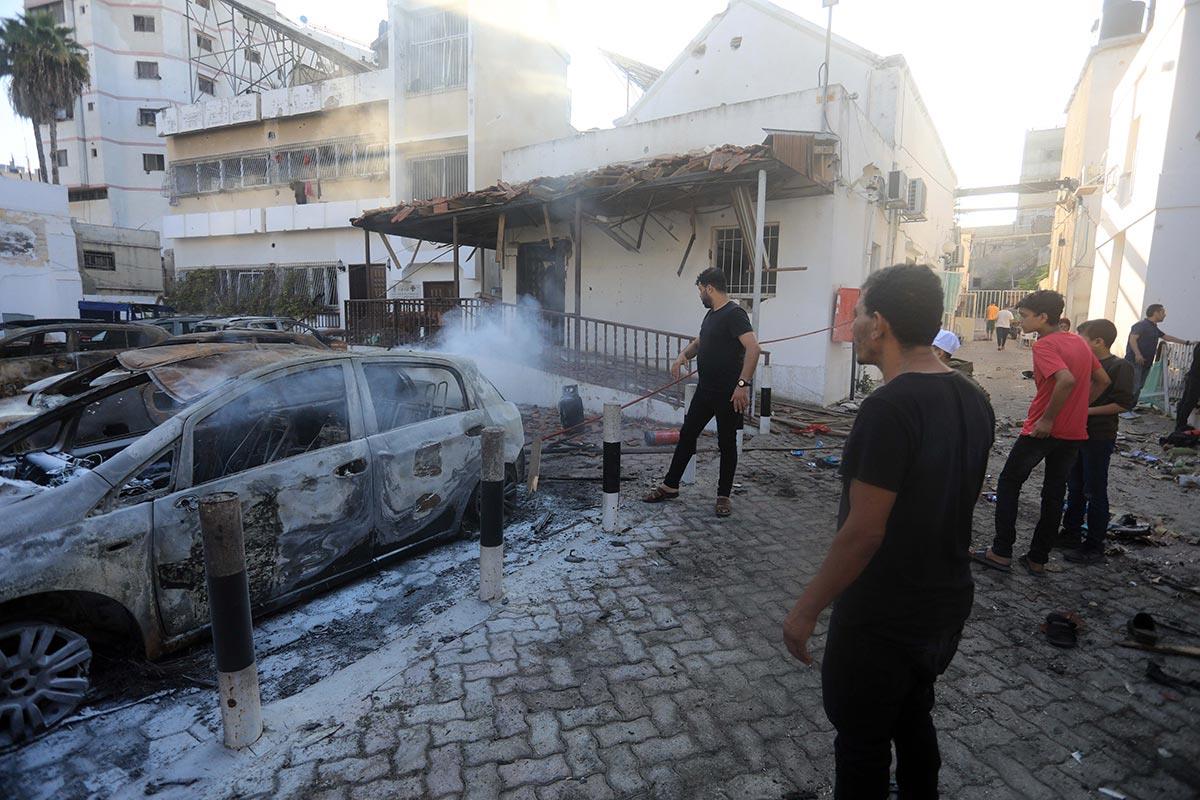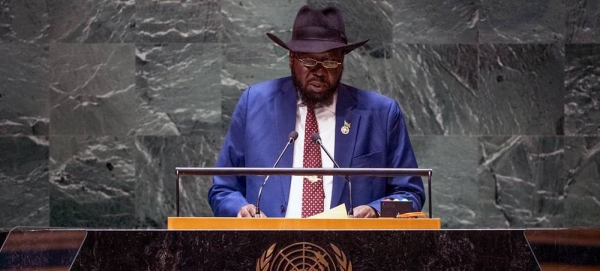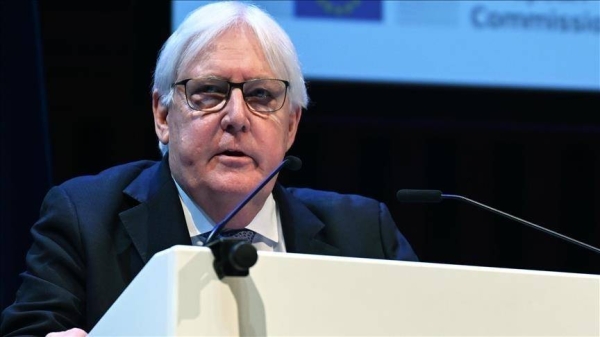
Amin Awad, the United Nations Crisis Coordinator for Ukraine, called on Saturday for an “immediate humanitarian pause” in fighting between Russian and Ukrainian forces, as UN aid supplies arrive in the country.
Awad, who is in the country with his team, attempting to find ways to scale up humanitarian operations, said in a statement that his immediate aim was to “urgently prioritize geographical areas, and sectors, where there are pressing humanitarian needs to scale up the delivery of lifesaving aid”, in extremely challenging circumstances.
The Crisis Coordinator welcomed the outcome of the second round of talks between Ukraine and Russia on the ceasefire, and called for the “urgent translation of the letters of the agreement into action on the ground”, so that relief can be provided to millions trapped or on the move and also to allow for people to reach safety.
UNICEF supplies arrive in Western Ukraine
Awad’s calls were echoed by the UN children’s agency (UNICEF), which noted on Saturday that a humanitarian pause would allow families in the worst affected areas of Ukraine to leave bunkers and other shelters to find food and water, seek medical care, or find safety elsewhere.
Despite the uncertainty surrounding the talks between the two sides, and the ongoing fighting, the UN continues to send in humanitarian aid to the country. On Saturday, the first batch of UNICEF supplies arrived in Lviv, western Ukraine.
It is part of a six-truck convoy, containing an estimated 62 tonnes of equipment, including medical supplies such as medicine, first aid kits, midwifery kits and surgical equipment, and early childhood and recreational kits.
An additional batch of supplies including 17,000 blankets and warm winter clothing for children are also en route via Poland.
“The situation for children and families in Ukraine is increasingly desperate,” said Murat Sahin, UNICEF Representative in Ukraine. “These supplies will help provide much needed support to women, children and health care workers.”
Since the conflict in Ukraine escalated, families have been sheltering underground, cut off from basic services. Hospitals and maternity wards have moved their patient to basements and, across the country, hundreds of thousands of people are without safe drinking water. The country is running low on critical medical supplies and has had to halt urgent efforts to curb a polio outbreak.
The healthcare crisis has been compounded by attacks on hospitals, clinics, and health workers, the UN health agency, WHO, said on Saturday.
Six verified reports of healthcare attacks have been verified by the agency, resulting in six deaths and 11 injuries. The WHO insisted that health workers must be allowed to provide care in a safe & protected environment, without disruption from acts of violence.
The information is published on the WHO’s Surveillance System for Attacks on Health Care data hub, which provides a comprehensive list of attacks, deaths and injuries to health workers, and the countries in which they occur. — UN News





